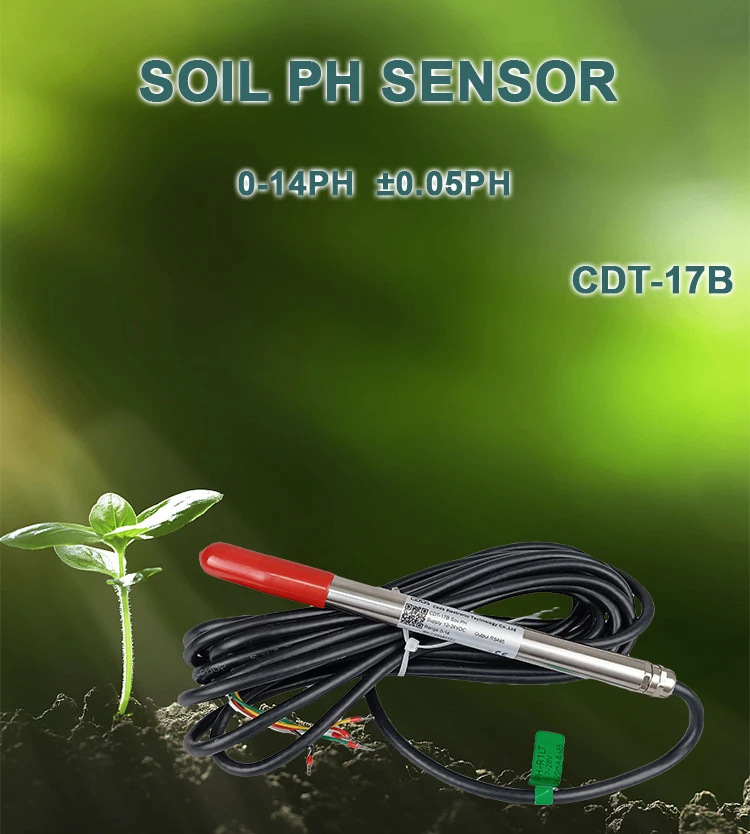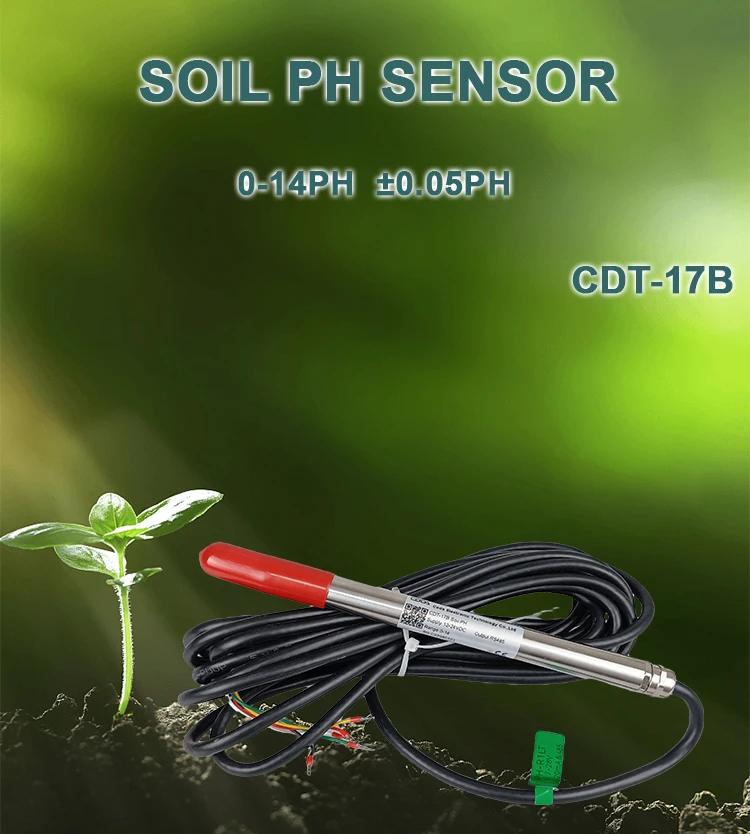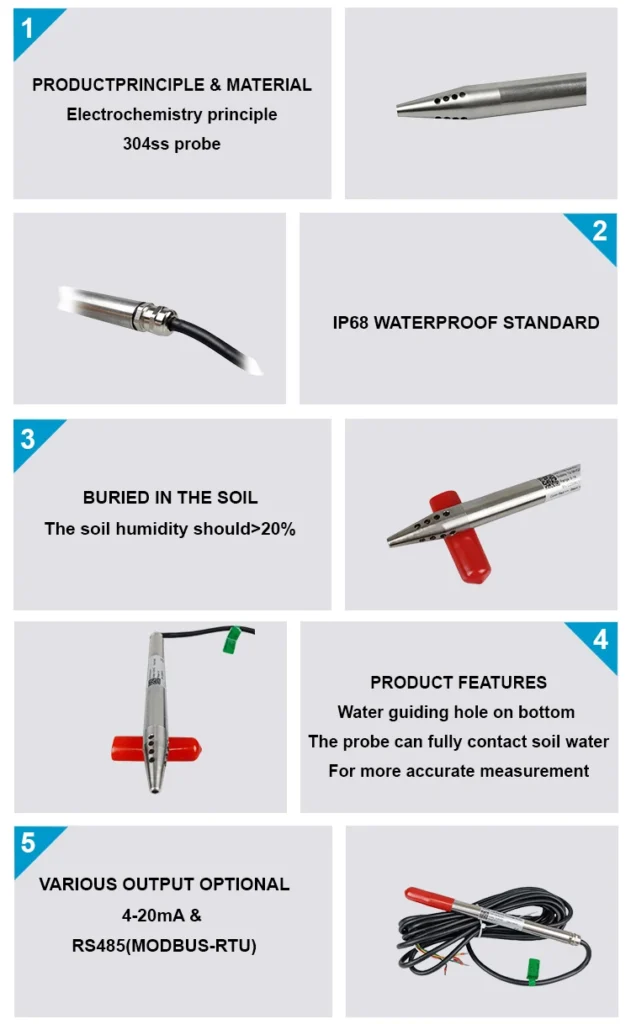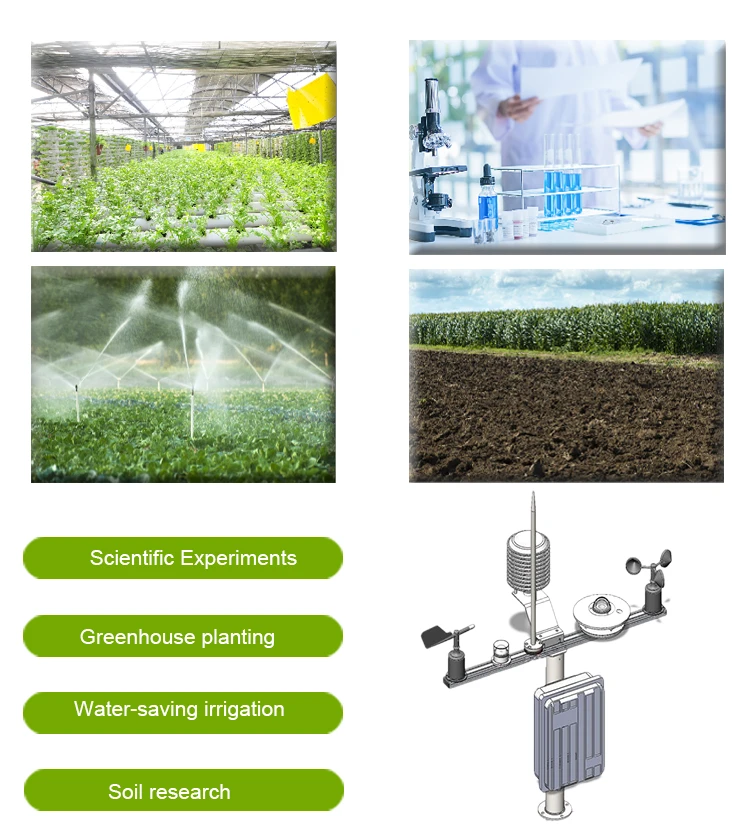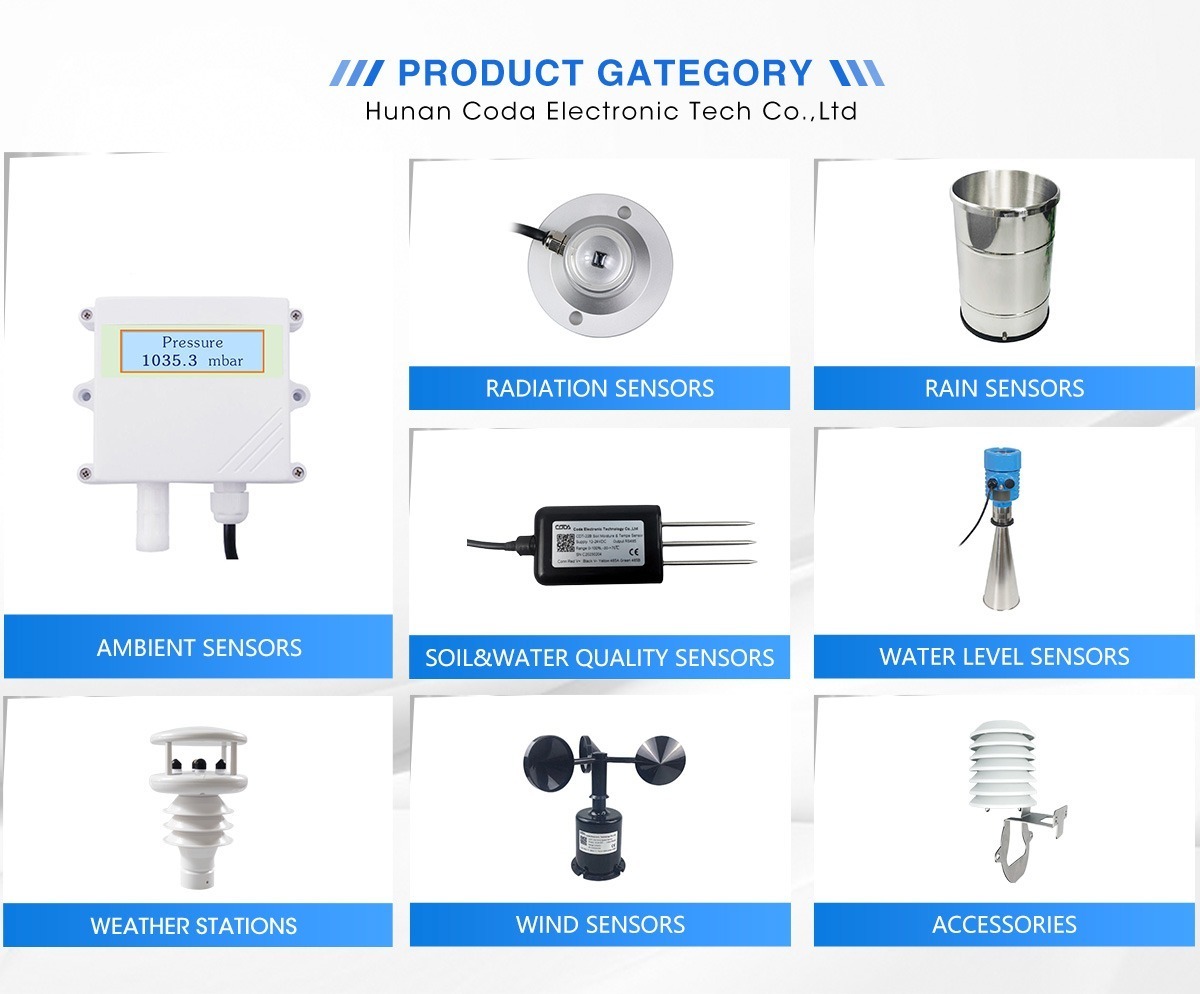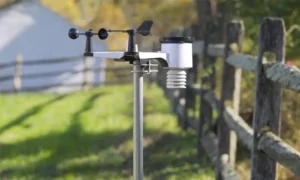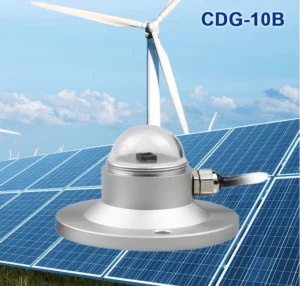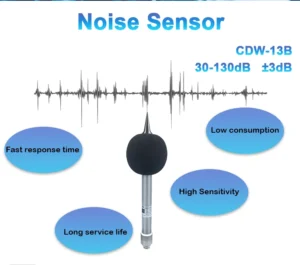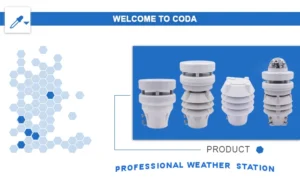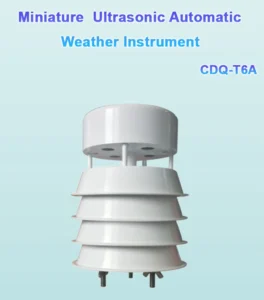why is ph important in soil
The importance of soil pH lies in its vital role as a key indicator of soil chemistry. It shows the amounts of hydrogen ions (H⁺) and hydroxide ions (OH⁻) in the soil. Researchers usually ph is a measure this with a 0.01 mol/L potassium chloride solution at 25°C.
The pH scale goes from 0 to 14. A pH of 0 means strong acidity. A pH of 14 means strong alkalinity. A pH of 7 is neutral.
Soil pH helps us know if the soil is extremely acidic or alkaline. It has a big impact on farming and crop yield.
Effects of Soil pH on Agriculture:
1. Impact on Plant Growth:
Plants can grow in different soil pH levels. If the pH is not right, plants may grow slowly. They might produce less or die.
Slightly acid-loving plants, such as rhododendrons and blueberries, thrive in low-pH soils. Plants such as peas and apple trees like alkaline soils. The right pH helps plants take in nutrients and grow well.
2. Nutrient Availability:
Soil pH affects how well plants can get essential plant nutrients like nitrogen, phosphorus, potassium, calcium, and magnesium. If the soil is too acidic or too alkaline, trace elements may not dissolve well. This can limit how well plants take in these nutrients.
3. Microbial Activity:
Soil microorganisms play a key role in nutrient cycling and breaking down organic matter. A good soil pH helps helpful microbes thrive. This maintains a balanced ecosystem that boosts soil fertility.
4.Soil structure and texture are important:
5.Unsuitable pH levels:
Improper pH can reduce how well pesticides and fertilizers work. For example, it can make fertilizers work less well or break down pesticides. This leads to worse results.
6. Behavior of Soil Contaminants:
The movement, activity, and availability of heavy metals and other pollutants depends on the soil pH. In acidic soils, heavy metals dissolve easily, and plants take them in. In alkaline soils, these metals become inactive and do not dissolve.
7. Guidance for Agricultural Decisions:
Knowing soil pH helps farmers pick the best crops and fertilizers. For instance, they can add lime to increase soil pH or sulfur to decrease it.
Keeping the right pH is important for healthy soil and farming. Regular testing and adjustments can improve soil health. This helps crops grow strong.
Role of Soil pH Sensors in Agriculture:
Why is soil ph important ? Soil pH sensors are special tools. They check if the soil is acidic or alkaline.
These sensors have electrodes that go into the soil. They measure the amount of hydrogen ions present. They give quick and accurate readings. This helps manage land better.
Features of Soil pH Sensors:
1. Wide Measuring Ph Range: This tool measures soil pH from 0 to 14. It works with all types of soil tested.
2. High Accuracy: Readings are precise, with an accuracy of ±0.1 pH units. This ensures reliable data.
3.Good sensors can manage changes in the environment, like humidity and temperature changes.
4. Quick Response Time: Fast detection of changes in soil pH allows for quick actions.
5. Durability: A strong build allows sensors to perform well in various farming conditions.
Working Principle:
Soil pH sensors operate based on ion-selective electrode technology. When placed in the soil, the electrodes work with hydrogen ions (H⁺) and hydroxide ions (OH⁻). This creates a signal that shows the soil’s pH level. The system processes the signal and displays it as an accurate pH reading.
Soil pH sensors mainly come in two types:
1. Glass Electrode Sensors:
These are the most common soil pH sensors. They have a glass membrane and an indicator electrode filled with electrolyte. They also include a reference electrode. Glass electrode sensors need regular calibration to stay accurate.
2.Electrochemical enzyme:
Sensors use enzymes to find chemical activity in the soil. They check the soil’s pH by measuring enzyme activity levels.
Enzyme sensors are often more stable than glass electrode sensors. They also have less drift. However, they often need special calibration and maintenance.
Steps for Using a Soil pH Sensor:
1. Calibration: Make sure to calibrate the sensor before you use it. This will help you get accurate readings.
2. Carefully place the sensor’s electrode into the soil. Make sure it is at the right depth for accurate readings.
3. Use a connected display or data collection system to read the soil pH data.
4. Data Recording: Write down the measurements you collected. This will help you look at the data and make better choices.
Applications of Soil pH Sensors
Soil pH sensors are important for farming, checking the environment, and doing scientific research. For farmers and gardeners, these tools help them understand if the soil is acidic or alkaline.
This knowledge helps them make better choices about fertilizing, watering, and managing crops. These sensors help check for soil contamination. They also check soil health and study how chemicals work in soil ecosystems.
Precautions for Using Soil pH Sensors
Soil pH sensors are helpful, but it is important to take some precautions when using them.
1.Regular calibration is needed to make sure measurements are accurate.
2.Other ions in the soil can affect sensor electrodes. This can make the results less reliable in certain conditions.
Researchers should use the correct methods to collect and analyze soil samples. This ensures the data is valid and helps others repeat the process.
By using soil pH sensors correctly and taking care of them, you can manage soil health. This can lead to better crop yields and higher quality.
